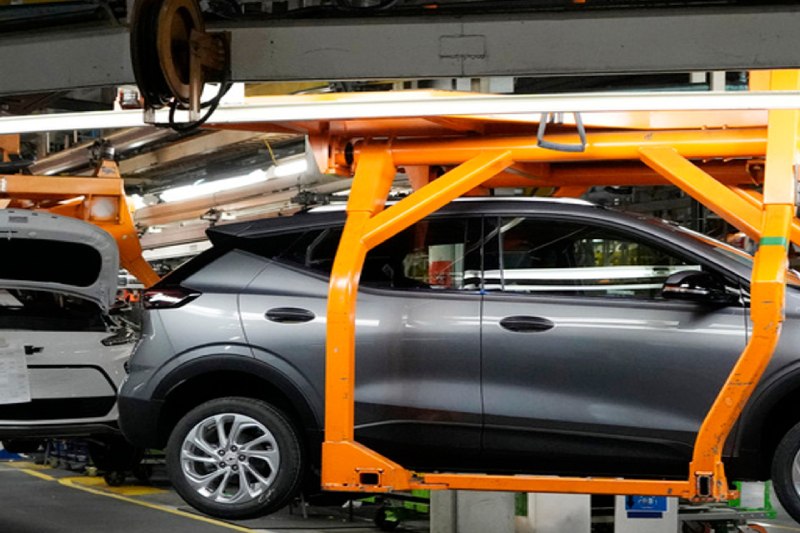It is anticipated that the Biden administration will relax regulations pertaining to the nation’s transition to electric cars (EVs).
By modifying its proposed rule, the Environmental Protection Agency (EPA) would essentially permit automakers to have a lower percentage of their fleet be electric by 2030 than they would have under the Biden administration’s original proposal. This would result in less stringent short-term requirements for vehicle pollution.
The industry would have more time to increase EV production and build out its charging infrastructure before restrictions intrude upon the market for gas-powered vehicles, which would be advantageous for labor unions and automakers alike.
Though not as swiftly as some had predicted, the EV industry has grown in recent years. In 2023, a greater number of people choose hybrid automobiles than fully electric ones. According to The Associated Press, only 7% of the market was made up of EV sales in 2017.
That is insignificant in light of the Biden administration’s forecasts, which state that by 2032, EVs might account for up to two thirds of sales. The Inflation Reduction Act’s estimated cost was also raised by the Congressional Budget Office last week, citing a higher than expected number of Americans obtaining EV tax credits.
A regulation modification would also allay political worries regarding President Biden’s reelection campaign expressed by the United Auto Workers union. After publicly criticizing the president for months and issuing advisories against rushing the transition to electric vehicles, the union last month formally embraced Biden.
The stringent tailpipe regulations were first proposed by the EPA last year; they would essentially compel automakers to sell primarily zero-emission cars by 2030. In addition to the strong resistance from auto dealers last month, the House GOP passed a bill in December that sought to remove the regulation.
Topics #Biden #electric vehicles #Postponing Shift










